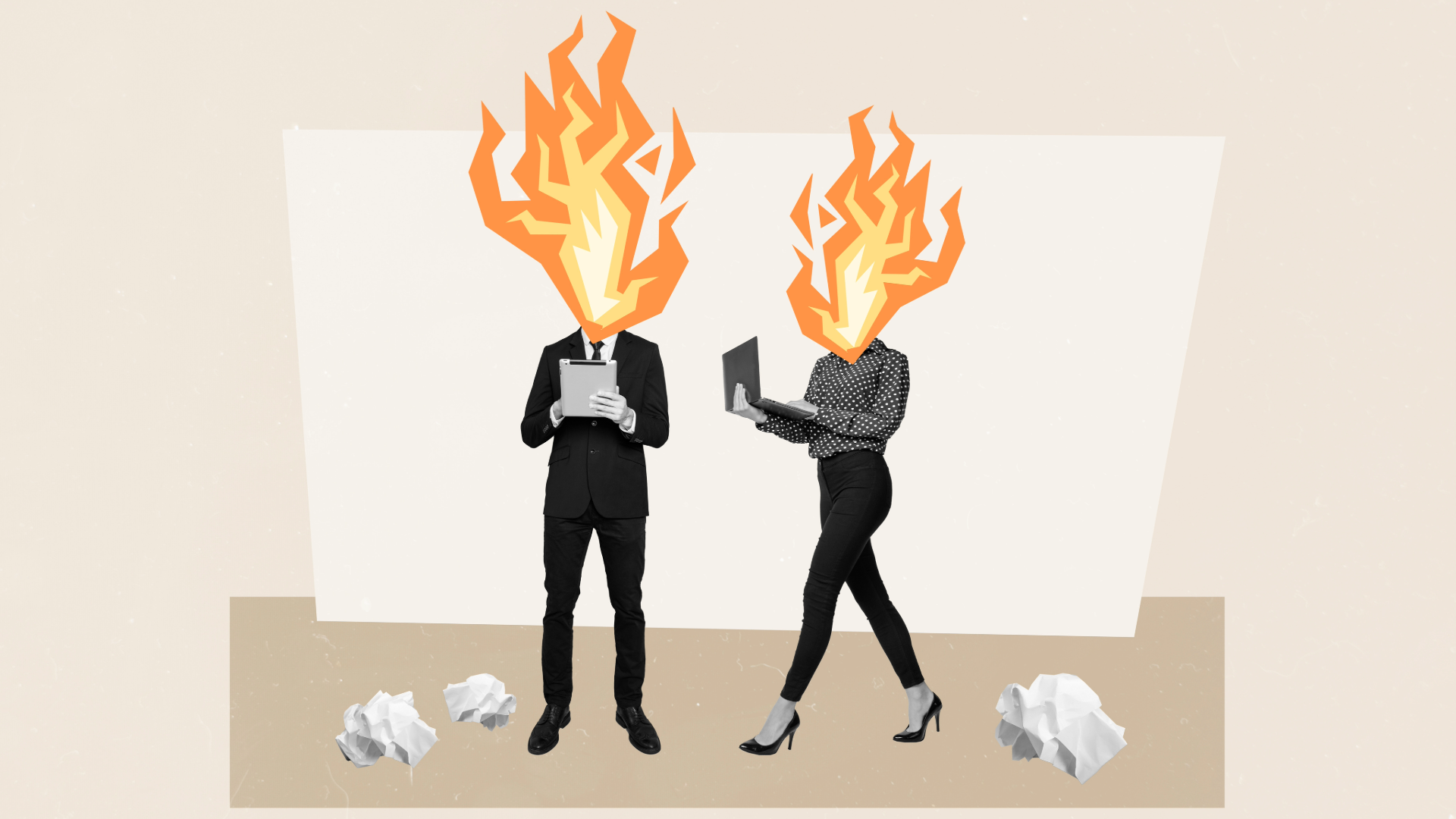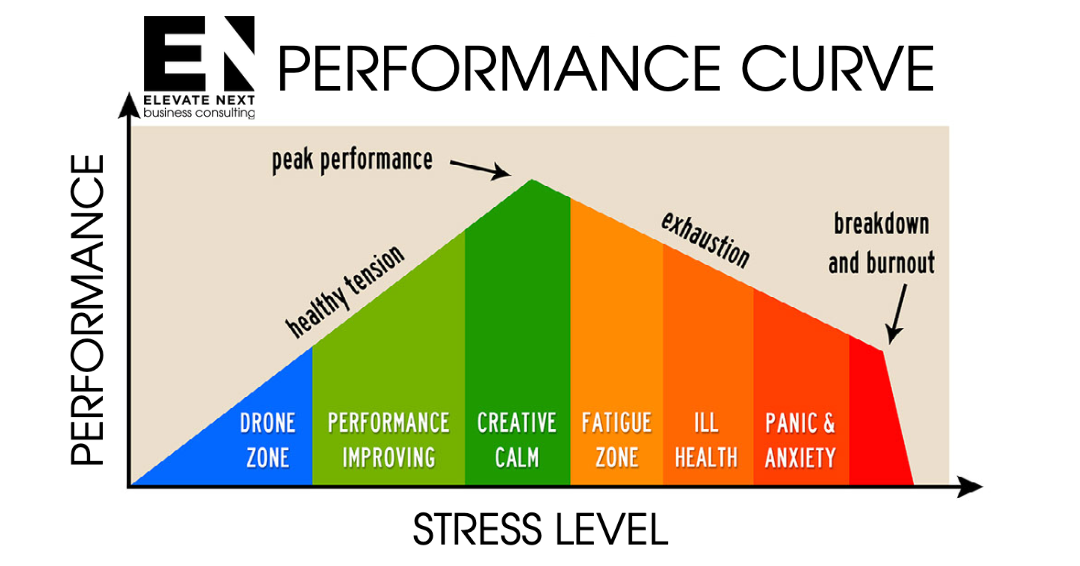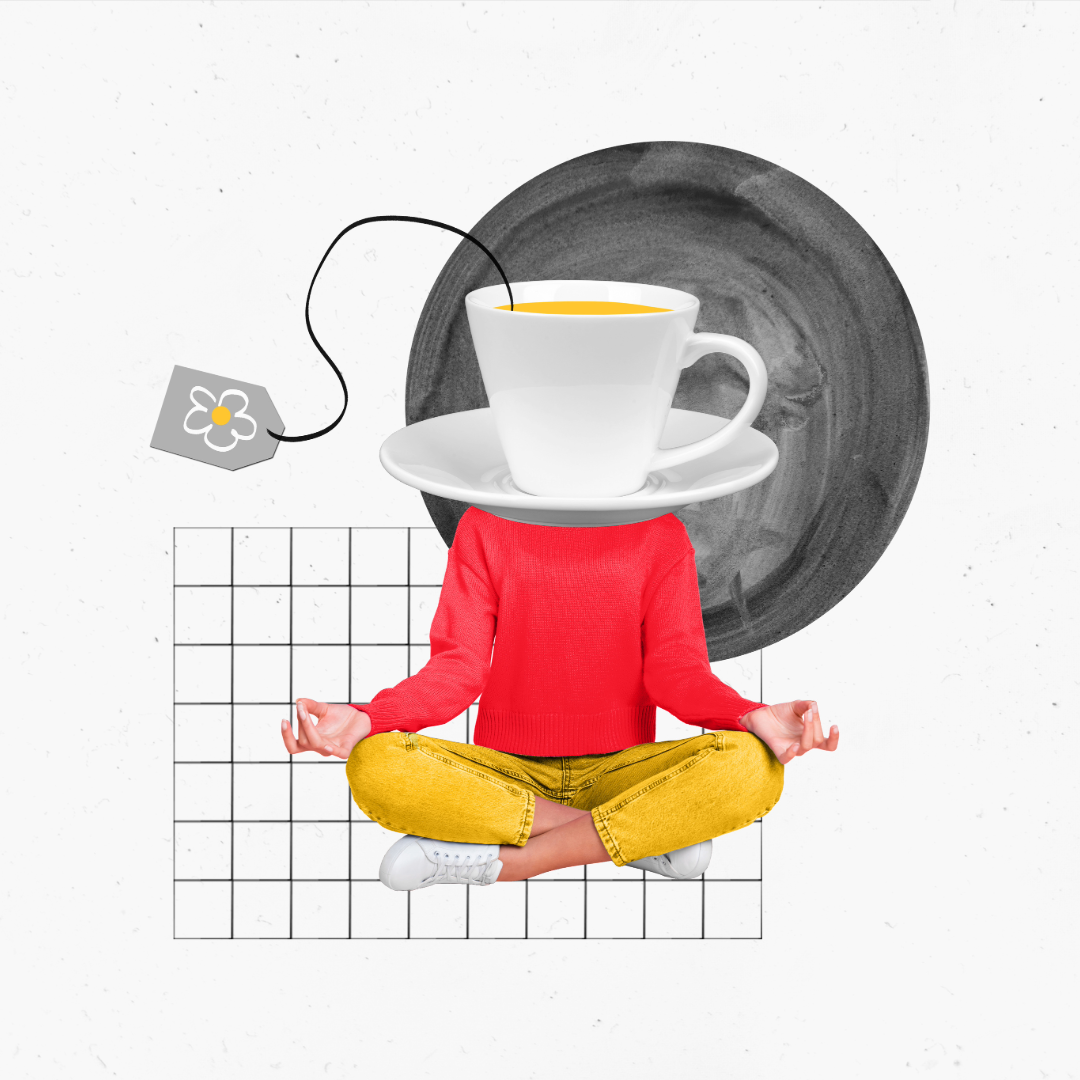Battle the Burnout Blues in 5 Steps
Most everyone gets hit by the professional burnout bus at some point. The pandemic increased the frequency and severity of workplace burnout across industries - especially in healthcare. Both the Mayo Clinic and the World Health Organization recognize burnout as an occupational syndrome, rather than a medical condition.
According to the Maslach Burnout Inventory (MBI), burnout occurs when these three factors are present:
Physical or emotional exhaustion;
Depersonalization, negativism, or cynicism related to one’s job; and
A diminished sense of personal accomplishment or reduced professional efficacy.
Furthermore, burnout results from "'exposure to prolonged stress,'… not just one or two taxing days at work.” Addressing burnout is critical to reducing the negative emotional, physical, and cognitive impact on overall health According to the Mayo Clinic, burnout can be caused by the following:
Lack of control;
Unclear job expectations;
Work-life imbalance;
Extremes of activity; and
Lack of social support.
So, how do you address a case of professional burnout?
You could simply quit your job, as many Millennials and Gen Zers did during the Great Resignation. In 2021, Bloomberg Businessweek referenced surveys, which revealed that:
“Almost half of the world’s workers are considering quitting, according to a Microsoft Corp. survey. About 4 in 10 millennial and Gen Z respondents say they’d leave their job if asked to [return] to the office full time, a global survey by advisory company Qualtrics International Inc. found - more than any other generation.”
If quitting your job isn’t economically viable, here are five recommendations to help you prevent professional burnout and bring your creative side back to life:
1) Evaluate your career trajectory options with a colleague you trust, a mentor, a family member, and/or a professional career counselor, virtually or in person.
2) Work less. According to Rahaf Harfoush, anthropologist and author of ‘Hustle & Float: Reclaim Your Creativity and Thrive in a World Obsessed With Work,’ we need to “deconstruct the underlying cultural sources of burnout and do something radical: Work less.” If your company offers personal days, for example, take them! Unplug from email and work calls during your time off. Another way to approach the 'work less' concept is to carve out smaller increments of personal time during the week to recover and recharge, both mentally and physically, with activities you enjoy.
Harvard Business Review reminds us that work is not everything:
“You’ve no doubt heard the well-worn advice that ‘if you do what you love, you’ll never work a day in your life.’ It’s a nice idea but a total myth. When we equate work we love with ‘not really working,’ it propagates a belief that if we love it so much, we should do more of it — all of the time, actually… This type of mentality leads to burnout, and the consequences can be both dire and hard to detect.”
3) Practice Self-Care. Make an intentional effort to rest, exercise, and eat well. Develop or reconnect with an enjoyable hobby. Get outside (unless climate change prevents it from being enjoyable for you). Consider adopting a pet (or plant) that will bring you joy for the rest of its life.
4) If you can’t fix your work colleagues, evaluate your social network. Are your friends helping or hurting your mental health? Avoid toxic relationships.
5) Be mindful. According to the Mayo Clinic, “Mindfulness is the act of focusing on your breath flow and being intensely aware of what you're sensing and feeling at every moment, without interpretation or judgment. In a job setting, this practice involves facing situations with openness and patience, and without judgment.”
If you are experiencing professional burnout, take a deep breath (or several) to evaluate and address the root cause of the current case of exhaustion, cynicism, and reduced efficacy. Prolonged workplace burnout impacts your mental health, and can also seriously undermine your physical health. Don’t be afraid to make a life-changing career move after consulting with the people best suited to help and support you.
Christie Solomon, MBA, established Elevate Next Business Consulting after more than ten years of broad experience in corporate operations and administration, including mergers and acquisitions. Contact us today for a complimentary consultation to see how we can position your company for success.






Any customer-facing role is at risk of landing a toxic client. Business leaders and marketers must evaluate prospective customers as they would prospective employees during the hiring process. They should assess the individual for cultural fit and identify undesirable personality traits and mannerisms contradicting their organization’s values and growth objectives.